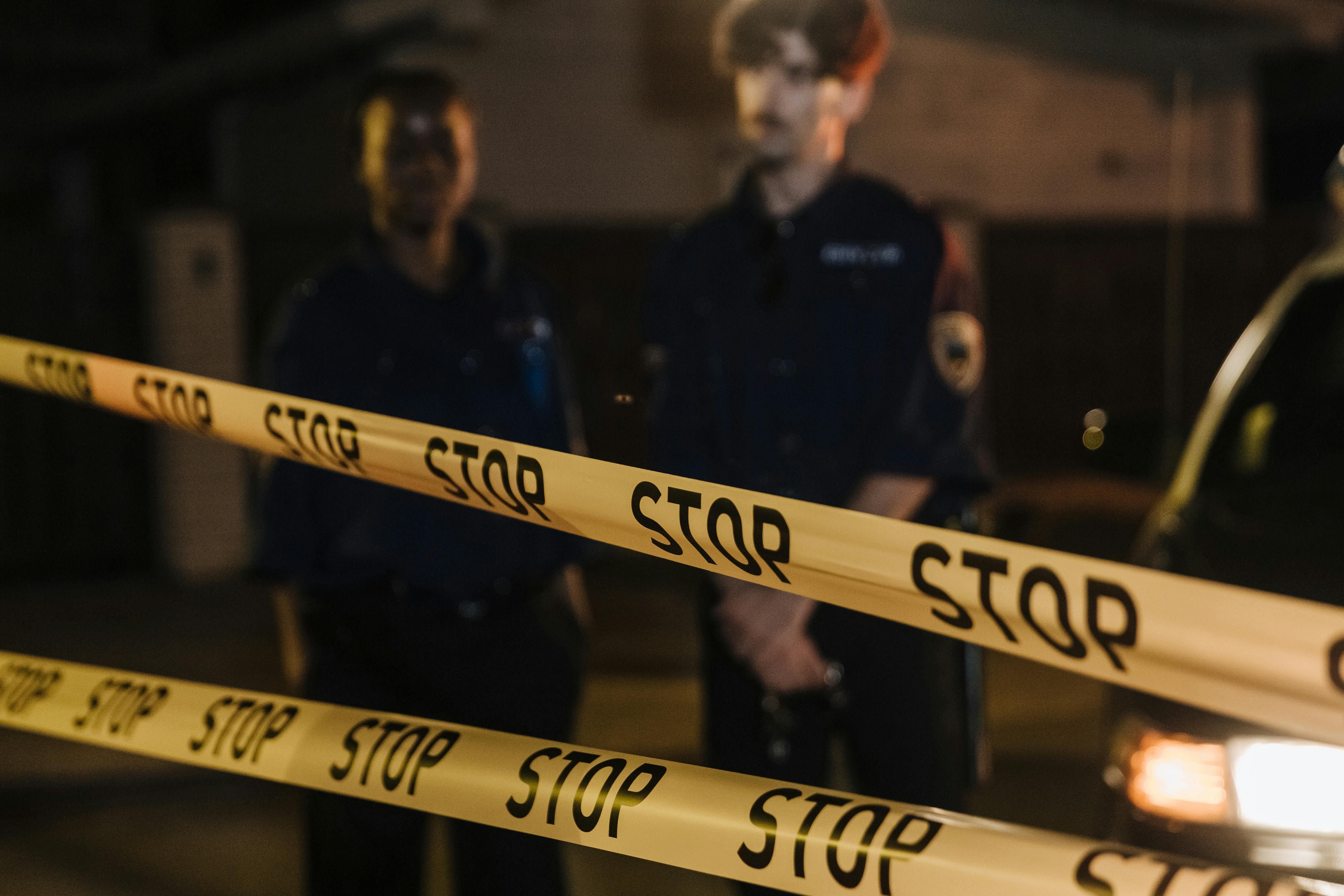Title: Why isn't North Rhine-Westphalia Cracking Down Harder on Organized Crime Assets?
In the New Year, the state parliament's legal affairs committee put a FDP-led motion on the agenda discussing the state government's ineffectiveness in scrapping organised crime's profits generated through illicit activities. Their critical words targeted Green party's Justice Minister Benjamin Limbach, urging him to institute requisite organisational changes.

The pushback comes as the 2022 clan crime situation report revealed that clan members committed an astounding 6,573 criminal offenses alone, marking a significant increase of 1,111 from the previous year. Despite this alarming number, only 24 asset seizures were made, resulting in an additional 2.5 million euros confiscated.
The FDP motion argued that the amount confiscated is "laughably low," considering the millions in profits brought in by organised crime's illicit businesses.
Draining the Clan Swamp
Werner Pfeil (57), the FDP legal policy spokesperson, recently hinted at political accountability. He insisted that Ministers Limbach and Herbert Reul (71, CDU) needed to deliver tangible results or face criticism for their inability to combat organised crime effectively in North Rhine-Westphalia.

The State Government's Counterarguments
The state government has countered the FDP's motion by asserting that the majority of criminal offenses aren't suitable for confiscating the criminals' assets. Cases must be examined in depth, and final decisions must be made by independent courts.
However, the FDP was undeterred. In its motion, it pointed out the large number of "suitable" offenses, such as 981 property and counterfeiting offenses, 958 theft offenses, and 631 offenses against secondary laws, which could potentially allow the confiscation of assets.
The Need for a Swift Response
Contrary to the state government's claims, the 5,292 crimes bootstrapping the discussion are untouched by asset confiscation efforts. Staggeringly, the authorities only seized assets in 24 cases, which begs the question of whether the law enforcement agencies are truly focusing their resources on tackling organized crime effectively.
The proven effectiveness of investigations involving high-value assets stolen through criminal activities (sometimes resulting in lavish lifestyles for the perpetrators) is evident. By ignoring such opportunities and not focusing on them, the authorities risk allowing organised crime to persist and even flourish.
In these defiant times, law enforcement needs to be resolute and unswayed from its objectives. Asset recovery efforts must become a priority, as they have the potential to dismantle the financial backbone of organised crime and reduce their ability to continue malicious activities leading to greater public security.
Future Measures
Clearly, significant changes are needed to steer the authorities and law enforcement agencies in the right direction. In line with these facts, the following measures should be taken to boost the effectiveness of asset recovery efforts:
- Strategic Information Sharing: To succeed in anti-organised crime operations, law enforcement agencies must embrace a flow of trusted, timely, and relevant information beyond traditional borders.
- Expert Training: Law enforcement officers must be equipped with the skills and knowledge essential to uncovering and dismantling organised crimes, including methods for financial analysis and money-laundering tactics.
- Trusted Partnerships: Officials should collaborate with private entities, like banks and businesses, where criminal activity is most likely to occur, to fight organised crimes using their resources and expertise.
Understanding there is no quick fix to combating organised crime, these initial measures will help stimulate proactive action, in turn fostering a more secure North Rhine-Westphalia.
Further Reading
- Engaging with the complexities of organised crime's socio-cultural dimensions can be daunting. The following external sources offer additional insights:





